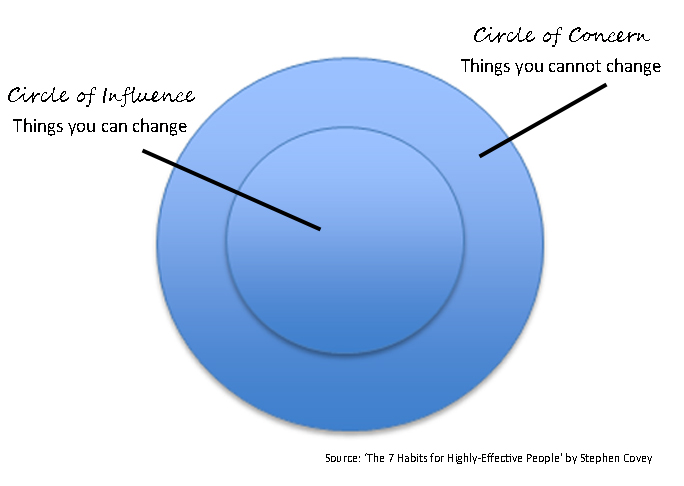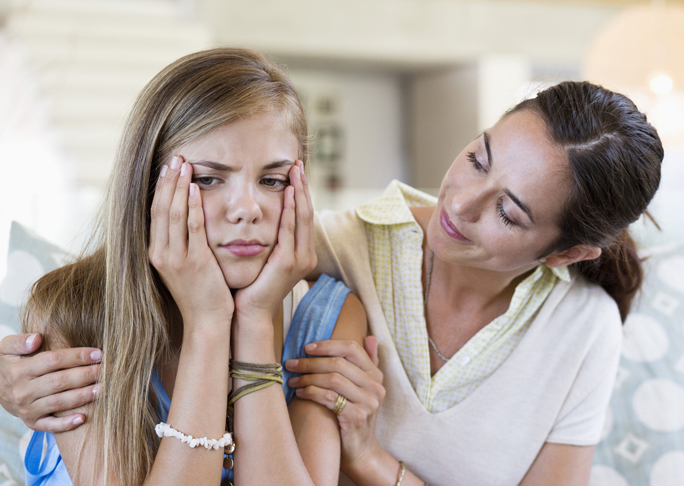On Wednesday morning as the US election results were rolling in I was cloistered away in the training room of a big city office. I was talking to employees about mental health and wellbeing. About diversity, self care and the importance of managing your emotions for your psychological health.
Meanwhile all hell was breaking loose online.
Shocked and horrified was the theme. For many the US election result was unexpected. People were angry and upset. It was a natural response to unexpected news and the emotion was consistent with the hyperbole of the election lead up.
My social media was filling with distress, with a worrying theme.
The children.
Headlines shouted: ‘How do you explain a Trump presidency to your kids?’
People lamented, ‘What future will this leave for my children?’
Mothers wrote: ‘My daughter just came home from school and said, ‘Mum, Trump won the election and I’m scared.’
Fear and anxiety is normal. We want to protect our kids from things we feel may threaten or harm.
But the contagion of worry, the explosion of anxiety was spreading to our kids. Kids who don’t yet have the perspective or life experience to know what’s worth worrying about and what’s not.
What you can change and what you can’t
Have you seen this?

It’s from Stephen Covey’s bestselling book, ‘The 7 Habits of Highly Effective People.’ This simple image reminds us that there are events in life that worry, bother and frustrate us. These sit in our ‘Circle of Concern.’ They effect us but we cannot change them.
We cannot change the weather. We cannot change others’ attitudes. We cannot change the result of the US election, as frustrating as that may be.
We also have a ‘Circle of Influence.’ It’s where you find everything we can change.
We can change our attitude.
‘I hate that this has happened but I won’t blame others.’
We can change our behaviour.
‘I’m frustrated by the situation but I’m not going to fret about it in front of the kids.’
We can change our thoughts.
‘What’s happened has happened. I will not sink into worry and distress. I will become the change I want to see.’
The Circles of Influence and Concern are a reminder to adults and kids alike that worry and distress is not a solution. Anger at things we cannot control just makes us angry. Sadness at a turn of events might be natural but stay there too long and it’s hard to move on.
This what I’ll tell my kids
My boys are eight and five. A little too young to worry about world events but when they’re ready I’ll tell them this:
You have a choice.
Hang out in your Circle of Concern and you let worry and anxiety consume you. Your problems get bigger. Your worries overwhelming. You are helpless in the face of a world you cannot change.
You Circle of Concern is passive place. A reactive place. It’s not where you go to be happy and well.
Shift to your Circle of Influence and you find power. In your Circle of Influence you are in charge. You have control. You have choice.
Focus on your Circle of Influence and the things you can change and you discover that you cannot compel others to be kind, but you can be kind.
You cannot convince others to be brave, but you can be brave.
You cannot change what happens in the world, but you can change what happens in your world.
It’s natural for parents to worry and fret about the future our children will inherit. It’s part and parcel of the parenting gig. A gig we signed up for. We’ve had 20, 30, 40 years to get used to the vagaries of life.
Our kids are newcomers. They need our help and guidance. They need to know that life may not always hand us the result we want but they have the power to choose their response. To choose how they think, how they feel and how they act.
We can give our kids the skills to believe they have control in a world that seems out of control. Do so and we give them power. Do so and we give them wellbeing. Do so and we give them psychological health. That’s how I’m responding when my kids ask me about Trump’s victory in the US Election.
More about our wellbeing:
- How to Talk to Your Kids About Emotional WellBeing
- How to Raise Kids Who Cope Well with Stress
- 5 Reasons Why Family Dinner is Vital to Your Kids’ Health
Image: Getty








